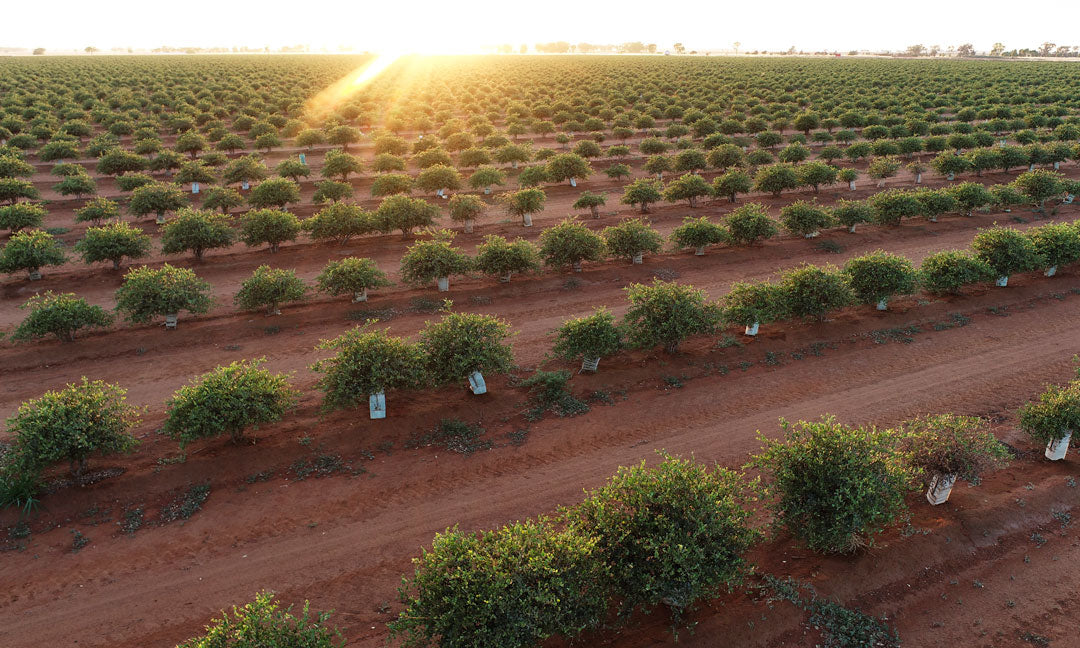New Alamein City Jojoba Seedling Nursery: A Global Leader in Jojoba Seedling Production
This text highlights the remarkable achievements of a jojoba seedling nursery in New Alamein City, Egypt. The nursery stands out as the largest in Africa and the Middle East, boasting an exceptional multiplication rate of 98% and an annual production capacity exceeding 5 million seedlings.
Key Points:
- Largest Jojoba Seedling Nursery in Africa and the Middle East: The nursery’s impressive scale reflects its commitment to meeting the growing demand for jojoba seedlings in the region.
- Exceptional Multiplication Rate of 98%: This remarkable achievement demonstrates the nursery’s expertise in seedling propagation techniques, ensuring the availability of high-quality seedlings.
- Annual Production Capacity of Over 5 Million Seedlings: The nursery’s substantial production capacity contributes to the expansion of jojoba cultivation and the realization of its associated benefits.
- Ambitious Expansion Plan: The company’s ambitious plan to increase production to 50 million seedlings by 2030 underscores its dedication to becoming a global leader in jojoba seedling production.
Significance of the Nursery:
The New Alamein City jojoba seedling nursery plays a pivotal role in the development of the jojoba industry:
- Promoting Jojoba Cultivation: The nursery’s large-scale production of high-quality seedlings facilitates the establishment of extensive jojoba plantations, driving the growth of the industry.
- Sustainable Land Use: Jojoba cultivation contributes to sustainable land management by utilizing marginal lands and promoting soil conservation practices.
- Water Conservation: Jojoba plants are drought-resistant and require minimal irrigation, making them a valuable crop in water-scarce regions.
- Jojoba Oil Production: Jojoba oil is a valuable agricultural product with diverse industrial and medicinal applications, generating economic opportunities for growers and processors.
Overall, the New Alamein City jojoba seedling nursery stands as a testament to Egypt’s commitment to sustainable agriculture and its potential to become a global hub for jojoba seedling production. The nursery’s achievements and ambitious expansion plans pave the way for a flourishing jojoba industry that contributes to environmental sustainability, economic growth, and the production of valuable agricultural products.
Key Aspects of the Nursery Sector:
- Seed Selection: The nursery sector carefully selects high-quality jojoba seeds from reputable sources to ensure the health and vigor of the seedlings.
- Sowing and Germination: Seeds are sown in suitable growing media under controlled environmental conditions to promote optimal germination and seedling development.
- Seedling Care: Seedlings receive proper care, including regular watering, fertilization, and pest control, to ensure their healthy growth and development.
- Hardening and Transplanting: As seedlings mature, they are hardened off by gradually exposing them to outdoor conditions to prepare them for transplanting into fields.
- Quality Control: The nursery sector implements strict quality control measures to ensure that only healthy, vigorous seedlings are sold to growers.
Significance of the Jojoba Nursery Sector:
The jojoba nursery sector plays a crucial role in the overall jojoba industry:
- Ensuring Seedling Quality: The nursery sector provides a reliable source of high-quality jojoba seedlings, which are essential for establishing productive jojoba plantations.
- Supporting Jojoba Cultivation: By supplying healthy seedlings, the nursery sector contributes to the success of jojoba cultivation projects, promoting the growth and expansion of the jojoba industry.
- Promoting Jojoba Benefits: The nursery sector indirectly contributes to the realization of the various benefits of jojoba cultivation, such as sustainable land use, water conservation, and the production of valuable jojoba oil.
Overall, the jojoba nursery sector serves as a vital foundation for the jojoba industry, ensuring the availability of healthy seedlings and supporting the successful cultivation of jojoba plants.
Significance of the Project:
The significance of the project will depend on its specific nature and objectives. However, in general, projects undertaken by companies in new urban developments can contribute to:
- Economic Development: By creating jobs, generating revenue, and attracting investments, the project can stimulate economic growth in the region.
- Community Improvement: The project can enhance the quality of life for residents by providing access to essential services, infrastructure, and employment opportunities.
- Environmental Sustainability: The project can incorporate sustainable practices to minimize environmental impact and promote resource conservation.
- Social Progress: The project can foster social cohesion, empower local communities, and contribute to a more equitable society.



